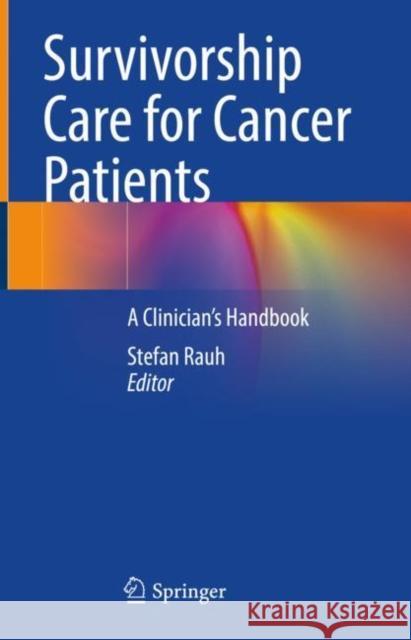Survivorship Care for Cancer Patients: A Clinician's Handbook » książka
topmenu
Survivorship Care for Cancer Patients: A Clinician's Handbook
ISBN-13: 9783030786472 / Angielski / Twarda / 2021 / 393 str.
Survivorship Care for Cancer Patients: A Clinician's Handbook
ISBN-13: 9783030786472 / Angielski / Twarda / 2021 / 393 str.
cena 582,32 zł
(netto: 554,59 VAT: 5%)
Najniższa cena z 30 dni: 578,30 zł
(netto: 554,59 VAT: 5%)
Najniższa cena z 30 dni: 578,30 zł
Termin realizacji zamówienia:
ok. 20 dni roboczych.
ok. 20 dni roboczych.
Darmowa dostawa!
Kategorie BISAC:
Wydawca:
Springer
Język:
Angielski
ISBN-13:
9783030786472
Rok wydania:
2021
Wydanie:
2021
Ilość stron:
393
Waga:
0.81 kg
Wymiary:
23.88 x 20.32 x 2.29
Oprawa:
Twarda
Wolumenów:
01











